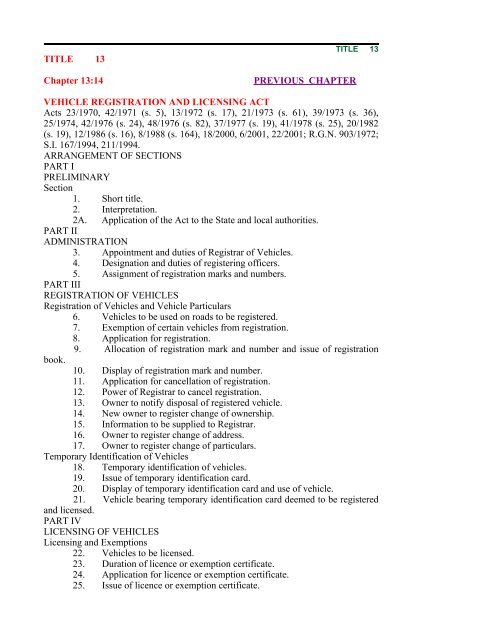Business Reporter
The Government is taking significant steps to simplify the business licensing process and reduce associated costs, aiming to enhance the overall ease of doing business in the country.
Acknowledging that the diverse range of high-cost drivers and compliance burdens across various sectors is hindering business competitiveness and driving up production costs, the government has unveiled a new industrial policy to address these issues.
A Cabinet-approved committee, chaired by the Office of the President and Cabinet, is currently working on streamlining business licenses, with a target completion date by the end of the year.
The primary goal is to reduce the number of required licenses and make them more affordable, as outlined in the Zimbabwe Industrial Reconstruction and Growth Plan (ZIRGP), which serves as the country’s transitory manufacturing blueprint running from October 2024 to December 2025.
The ZIRGP states,
“Regarding the ease of doing business, as approved by Cabinet, the committee has started its work, with the target of streamlining business licenses by the end of the year so that by the beginning of 2025 business applicants apply for limited licenses.”
Additionally, the plan emphasizes that “the cost of the licenses is also being looked into to make sure that the costs are competitive and not punitive.”
Businesses have frequently expressed concerns about the numerous licenses required, which complicate and delay the acquisition process, ultimately affecting competitiveness.
The Retailers Association of Zimbabwe (RAZ) highlighted that operating a single supermarket requires over 25 licenses and permits, creating significant challenges for retailers, especially those managing multiple branches.
RAZ stated,
“To operate a single supermarket in Zimbabwe, one needs more than 25 licenses and permits — a tall order for some of our members who operate over 50 branches each.”
The licenses and permits are obtained from various government agencies and cover a wide range of activities, including liquor sales, restaurant operations, and environmental compliance.
The ZIRGP also noted that high regulatory and utility costs negatively impact manufacturing, prompting the ministry to propose adopting a Regulatory Impact Assessment to review regulations that hinder competitiveness.
Furthermore, the National Competitiveness Commission’s 2023 report highlighted that licensing requirements in Zimbabwe remain costly and burdensome. For instance, applying for an investment license at the Zimbabwe Investment and Development Agency (ZIDA) costs US$500, with an additional US$4,500 upon approval. This fee structure is significantly higher than that of neighboring countries, making Zimbabwe less attractive to potential investors.
Analysts have pointed out that while Zimbabwe possesses significant mineral wealth, the government must streamline regulations and reduce red tape to create a stable and predictable operating environment.
The excessive fees associated with special economic zones (SEZs) have also been noted as a deterrent for potential investors, with designation fees reaching US$50,000.
Overall, the government’s initiative to simplify business licensing is a crucial step towards fostering a more conducive environment for economic growth and job creation.
Zim GBC News©2024


